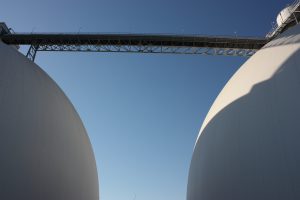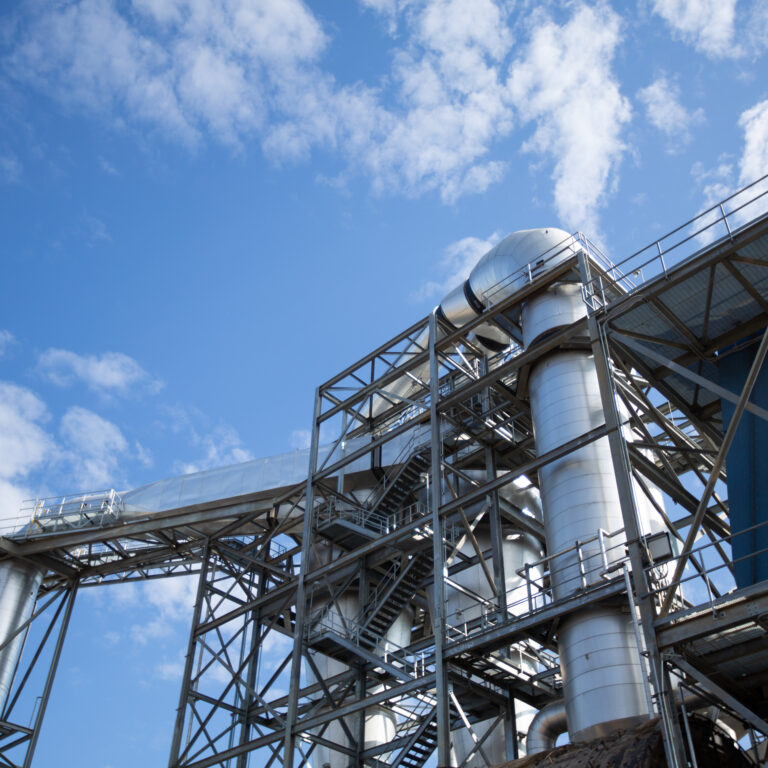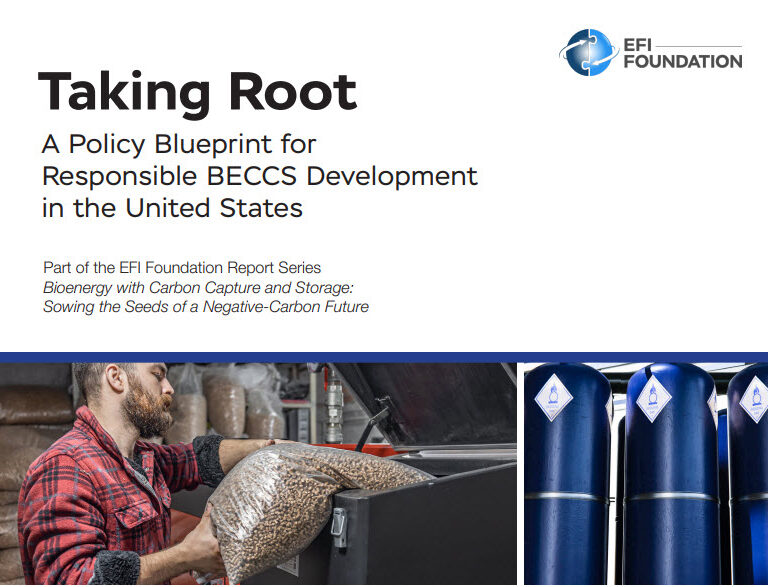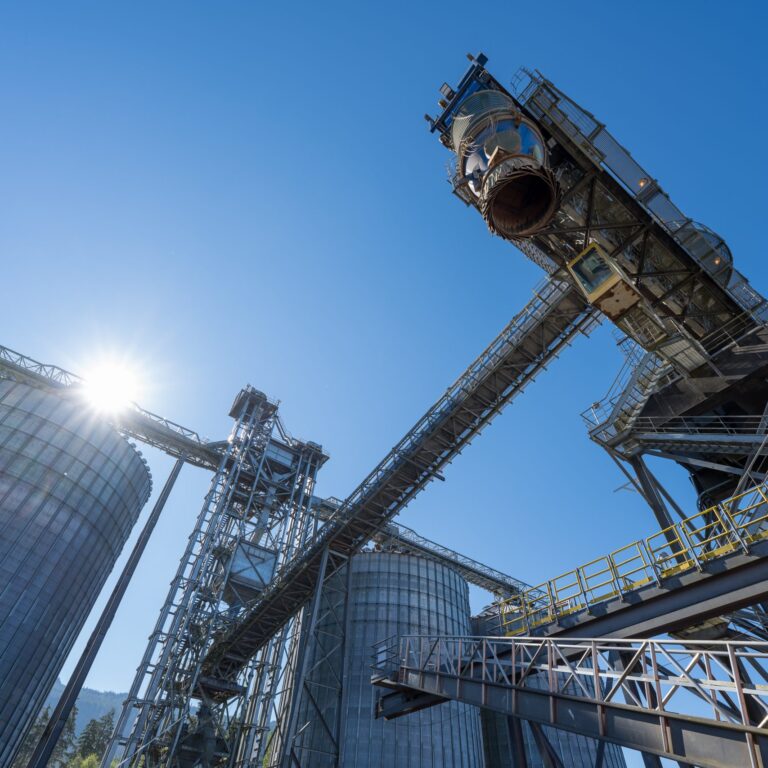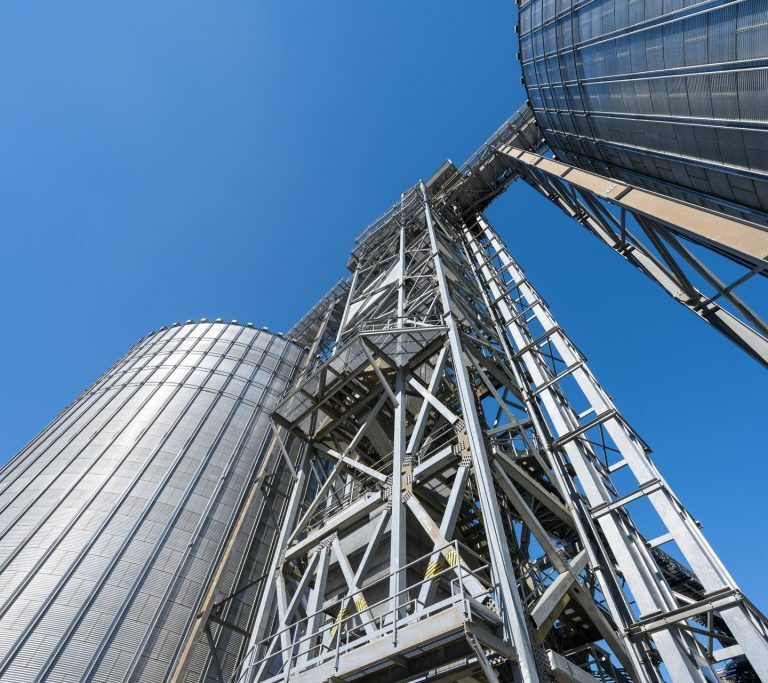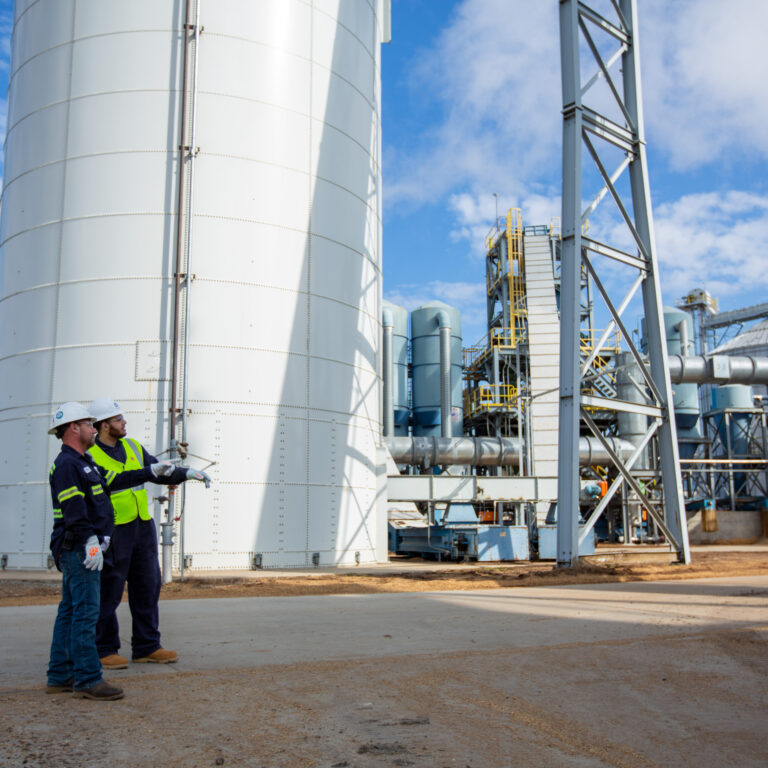Ready To Act
Our journey to net zero
At COP25 in December 2019, we announced our world–leading ambition to become carbon negative.
We’ve already transformed Drax Power Station in Selby, North Yorkshire into Europe’s largest decarbonisation project by converting it to use sustainable biomass instead of coal.
With Bioenergy with Carbon Capture and Storage (BECCS), we can take this a step further by permanently removing millions of tonnes of carbon dioxide (CO2) from the atmosphere each year.
In March, we kick-started the two-year process that could make BECCS a reality as early as 2027, another step closer to delivering negative emissions and helping the UK to reach net zero.
Drax is acting now to help the UK reach net zero and build back better, and greener, from Covid-19
We have already made great strides in making our carbon negative ambition a reality.
In March, we started the national planning consent process to deliver ground-breaking negative emissions technology, whilst launching a public consultation to listen to the views of our local communities and stakeholders. The application takes two years, which means work to build BECCS could get underway as soon as 2024.
In June, we became the first UK company to sign a contract to deploy carbon capture at scale.
We’ve partnered with Mitsubishi Heavy Industries (MHI) to help deliver BECCS at Drax – bringing together pioneering UK innovation and world-leading Japanese technology to enable the UK to meet net zero.
Our long-term contract with MHI enables us to use its carbon capture technology, the Advanced KM CDR process™️. When developed at scale it will be the largest deployment of carbon capture and storage (CCS) in power generation anywhere in the world.
By 2030, Drax Power Station could be removing 8 million tonnes of CO2 from the atmosphere each year.
As well as helping to tackle climate change, BECCS will accelerate clean growth, jobs in the North of England, supporting the UK’s green economic recovery post-Covid.
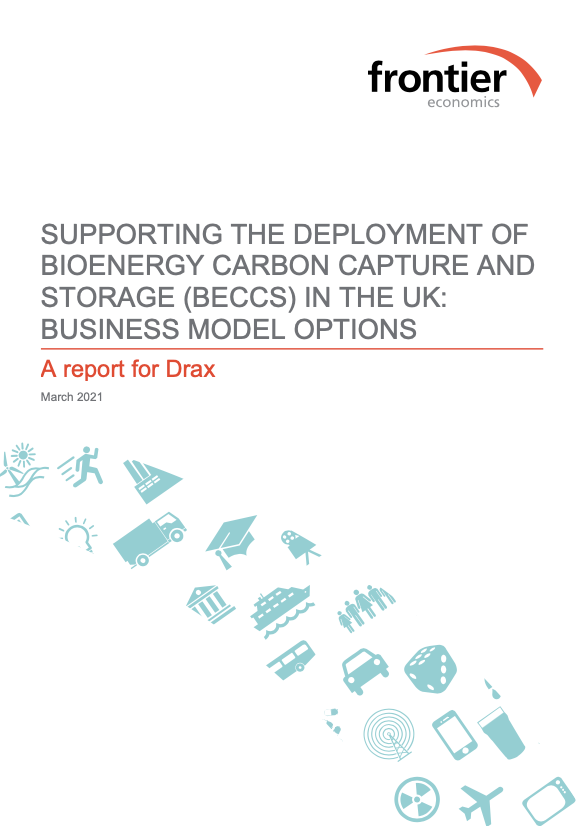
Supporting the deployment of bioenergy carbon capture and storage (BECCS) in the UK: business model options [click to view/download]
Supporting the deployment of Bioenergy Carbon Capture and Storage (BECCS) in the UK: business model options
Executive summary of a Frontier Economics report for Drax
Download PDF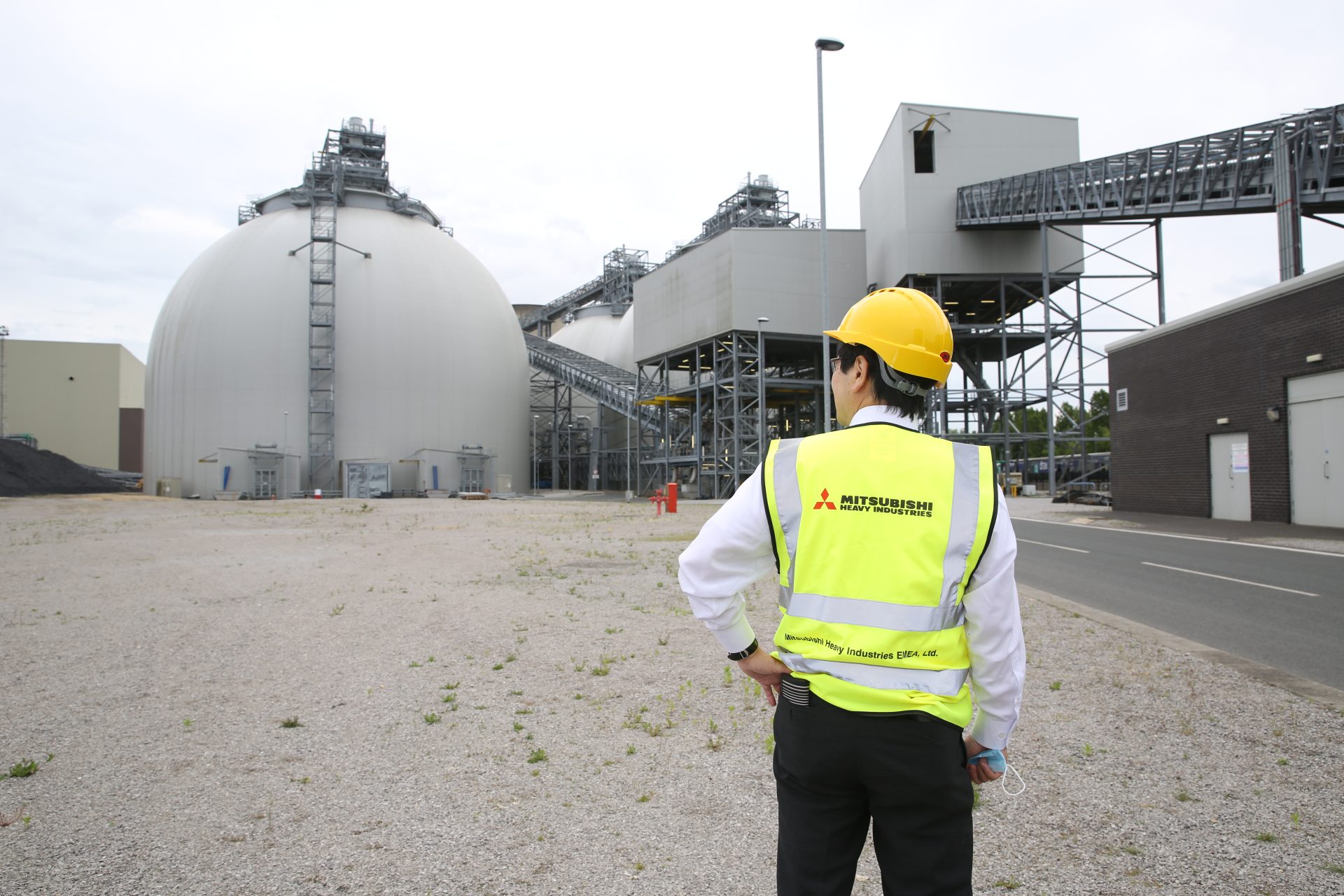
Kentaro Hosomi, Chief Regional Officer EMEA, Mitsubishi Heavy Industries (MHI) at Drax Power Station, North Yorkshire
BECCS can help deliver the UK’s net zero by 2050 target faster and at lower cost, kick starting a UK-led negative emissions industry
If the UK is to reach net zero, we need negative emissions and BECCS...
According to the Climate Change Committee’s (CCC) 6th Carbon Budget, BECCS in power generation will need to remove 16-39 million tonnes of CO2 a year by 2050 in order to meet net zero targets. BECCS at Drax could make a significant contribution to this.
Recent research by Baringa has also shown that deploying BECCS at Drax in 2027 is the most cost-efficient way of the UK achieving net zero.
With BECCS at Drax it will cost the UK £13bn less to achieve the 5th carbon budget, and over £26bn less to achieve net zero.
“Innovative green technologies like BECCS can save the UK billions of pounds in achieving our legally binding climate targets, whilst removing millions of tonnes of CO2 from the atmosphere and supporting tens of thousands of jobs." Will Gardiner, Drax Group CEO

Value of Bioenergy with Carbon Capture and Storage (BECCS) to the UK Decarbonisation Pathway
Executive summary of the report by Baringa for Drax
Download PDFBECCS gives us the chance to show that British innovation can lead the global fight against climate change
Building on our expertise as a world leader in sustainable biomass, we can develop BECCS and create new export opportunities, positioning the UK as a global leader in vital negative emissions technologies.
We’re leading the world in developing this innovative technology, with no other BECCS projects as ambitious as the one at Drax Power Station.

Zero Carbon Humber offers a huge opportunity to tackle climate change and meet the UK’s net zero targets
Drax is a key member of Zero Carbon Humber – a consortium of twelve partner organisations, that are already developing an initiative to create a net zero industrial cluster in Yorkshire and the Humber.
In March, our joint ambition moved a step closer when the Zero Carbon Humber Partnership was successful in our bid for Government funding to unlock this major decarbonisation infrastructure project.
Drax Power Station’s location in the Humber means that we are in a unique position to decarbonise the North of England. As the UK’s most carbon intensive region, decarbonising the Humber would have the greatest impact on enabling the UK to reach its legally binding net zero by 2050 target and establish the wider region as a global leader in tackling climate change




